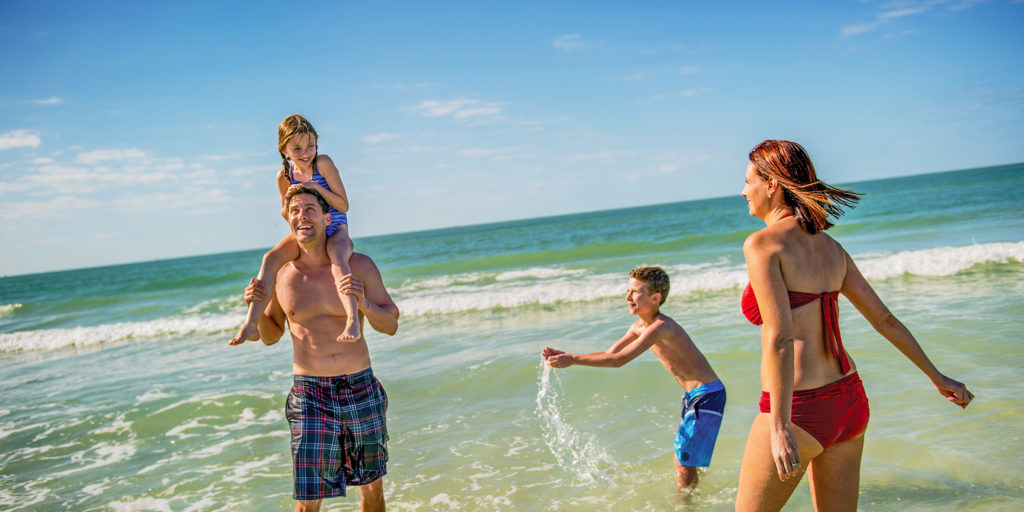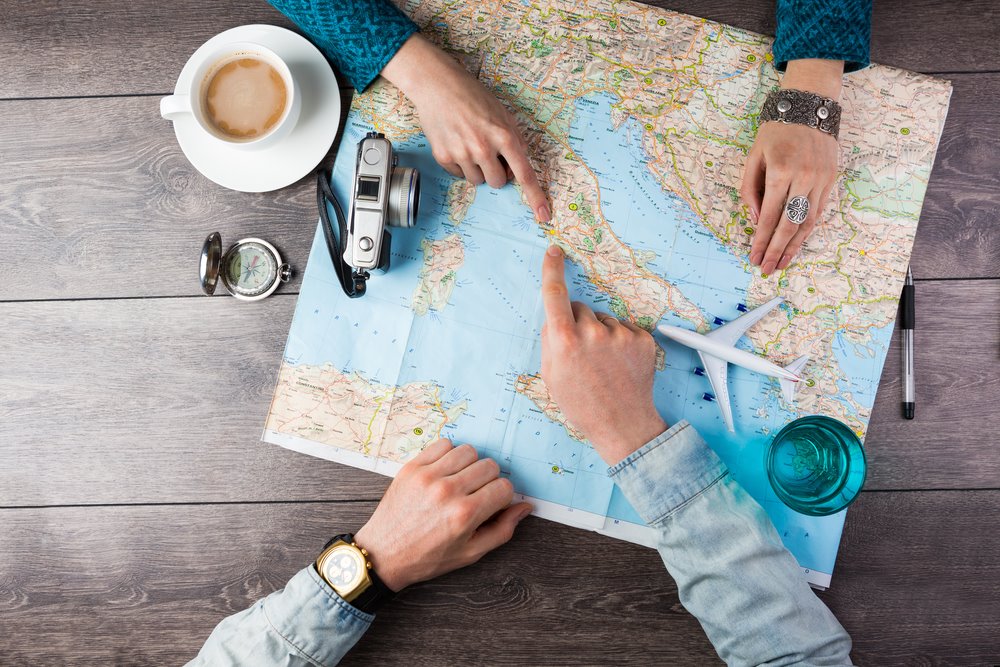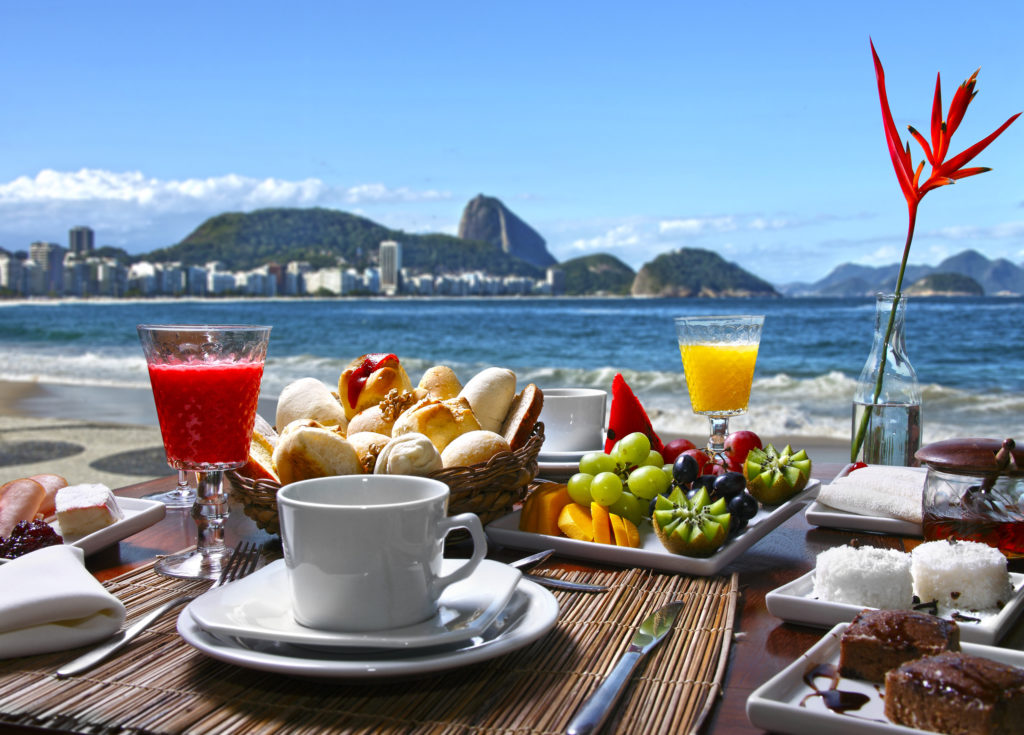The holidays are pretty awesome already. But as psychological researchers learn more about how the human brain works, we’re discovering how to increase the pleasure factor and why it should be increased. Here are some smart strategies to make the most of your precious vacation days, and come back without needing a vacation.
Planning May Be the Best Part
Anticipation is an integral part of human happiness. A study of holidaymakers found (not surprisingly) that they were happier than people who weren’t getting away, but almost all of the increase in joy occurred right before the holidays. When you think about the pleasure you’re going to have, you feel about the same satisfaction as the experience itself. The difference is that it can last much longer. So choose your vacation dates well in advance, and enjoy thinking about what you’re going to do.
Manage Work
Some people think that happiness comes from not working during the holidays. I’m not one of those people. The important thing is how well you control the situation. If you take calls because your boss forces you to, it’s going to be a source of resentment. But if you work for yourself or have some autonomy in your schedule and you want to do a half-hour of work every morning before the rest of your family wakes up, there’s nothing wrong with that.
Just do it and then stay out of your inbox until the next morning. I also find that holidays are a great time to think about significant career issues. I think about what projects it would be good for me to undertake in the future, and I go home with ideas to implement.
Opt for Quantity Over “Once in a Lifetime”
A one-time trip, such as a month in New Zealand, would be incredible. But the “unique” aspect of these holidays limits their overall contribution to happiness. Research increasingly finds that we return to previous happiness levels fairly quickly (we spend life on the “hedonic treadmill”), and so smaller pleasures experienced frequently contribute more to overall well-being than major but less infrequent ones. Another study found that the health and wellness benefits of holidays peaked at about eight days. So look for already shortened work weeks for your getaways so that you can plan several eight-day holidays (weekend plus work week plus the weekend) in a year for the price of three to four days of vacation per year.
End on a Good Note
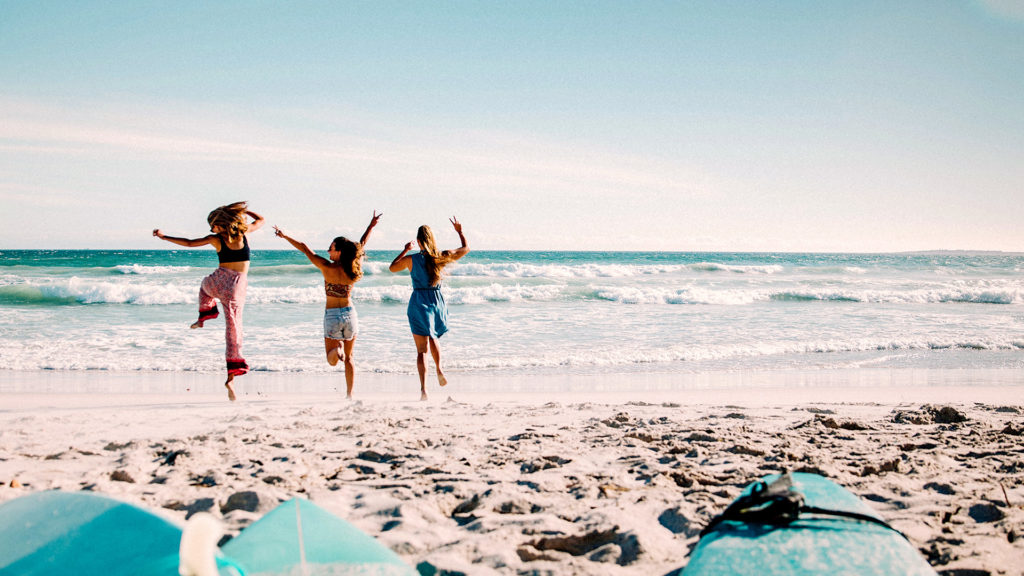
The human brain pays excessive attention to the latest events in a series. This so-called “recency effect” means that the end of a holiday is more easily remembered than the beginning. In a recent article on vacations, the Wall Street Journal suggested using this recency bias to end vacations with a bang consciously. If you’re only planning to upgrade just once, go crazy in the business class seat when you get home, not when you get there. Plan your big dinner at a Michelin-starred restaurant for the last night and not the very first.
Fill Your Days With Enjoyable Things
Researchers who asked people to share their mood during the day found that they were happiest when they relaxed, socialized, exercised, engaged in spiritual activities and had a hearty meal (oh, and when they were also involved in “intimate relationships”). So, around your adventures, take time to guzzle some tasty meals, read quietly, contemplate quietly, and connect with the people with whom you travel – especially those with whom you are in a loving relationship. If you’re going on a group vacation and sharing a house, you can pool money to hire someone to cook and wash dishes for a few nights.
Manage the Transition
If you can squeeze every last drop of vacation by coming back late on Sunday night, it can make Monday morning even more hectic than usual. If you hate that feeling of frenzy, come back on Saturday or early Sunday so you can check on anything urgent that happened while you were away, run errands, and do the laundry. Make it easy on yourself by planning something low-key but fun for Monday night. A little drink with a friend after work will give you an excellent reason to look forward to what could be a brutal day.
Build Your Story
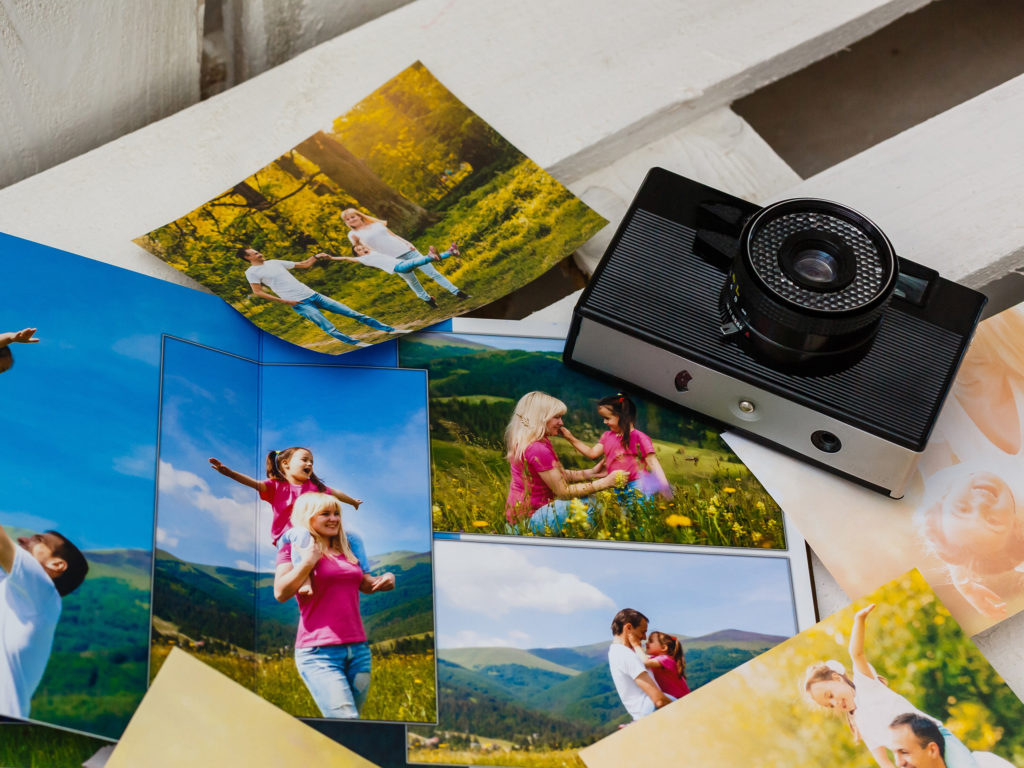
Memories take shape over time, depending on how we choose to tell them. To make sure you remember your vacation as a positive thing, tell people your fun and enjoyable anecdotes. Show off the beautiful pictures. The more you say, “I had the best vacation ever,” the more real it becomes.
